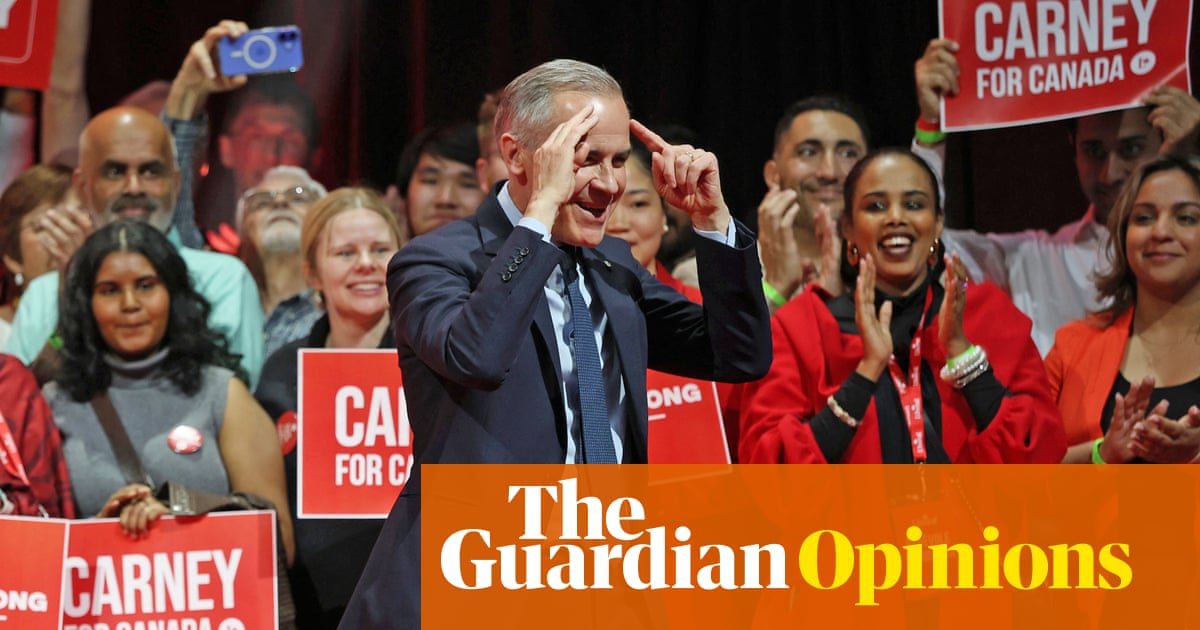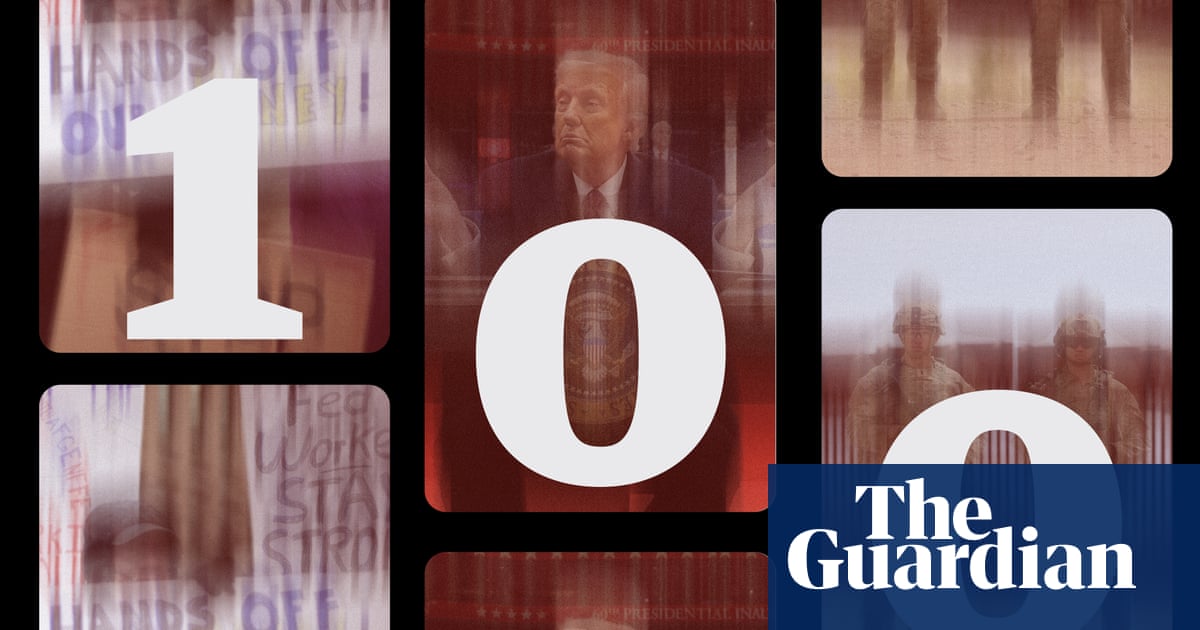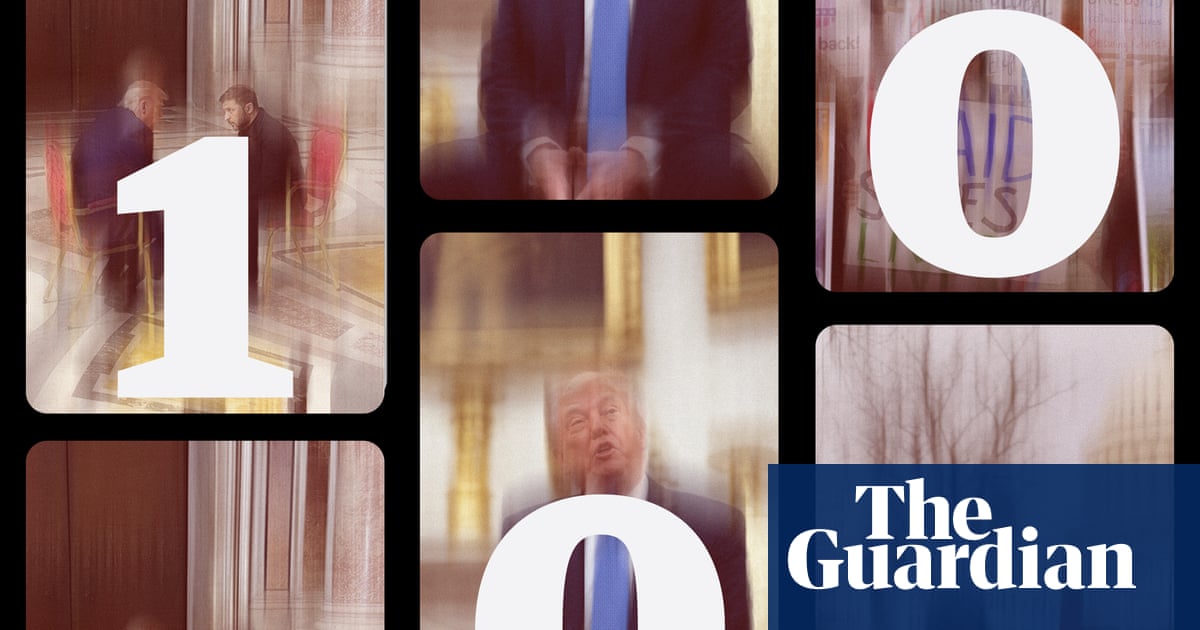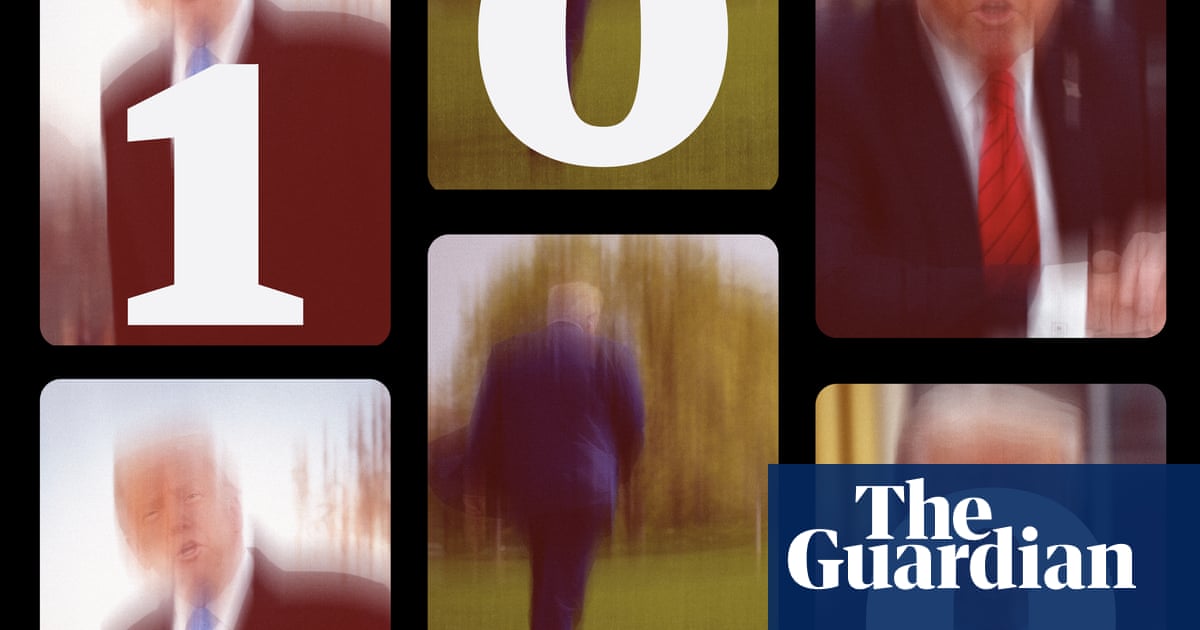It’s 25 years since Australia voted “no” in a referendum to become a republic – but to suggest the negative 1999 result symbolised an enduring commitment to the values of monarchy would be a grave error.
The nuances of this rejection should have been explained to whomever was responsible for planning King Charles III’s royal visit this week. The British-born king of Australia, accompanied by Queen Camilla, is making his 17th trip to Australia, his first as king, with stops in Sydney and Canberra during the six-day visit.
And yet precisely none of our state government premiers will deign to meet him. The premier of Victoria has a cabinet meeting. So, too, do the premiers of New South Wales and South Australia. The premier of Queensland is fighting an election. The premier of Western Australia just said he had “other commitments”. True, these are all Labor premiers, but even the conservative premier of Tasmania is busy on a trade mission to the US. All will instead send representatives to greet the king, but their absence still feels pointed.
One imagines the no-shows may surprise some short-attention-span offshore monarchists, whose memories of Australian royal tours past include crowds in the millions. For Queen Elizabeth II’s first royal visit here, in 1954, it was estimated that three-quarters of the population were in her physical presence at least once. Our conservative then-prime minister observed the young queen with a dazzled fangirlism that even a Swiftie might have found a bit extra.
In 1983, Charles’s visit drew hordes of people desperate to see the prince and his then wife, Diana, Princess of Wales, in a manner more familiar to pop stars. If Charles did indeed resent the attention focused on the 21-year-old Diana, he could be forgiven for assuming that her iconic allure was – in part – a result of the fairytale connotations of the title he had given her.
But Charles should have known that the majority of Australians do not venerate hereditary elites; after all, he had “the pommy bits bashed off” him during his six months at boarding school here as a boy. It is not monarchy that fascinates us, but celebrity. Diana went big because she was famous and 1980s Australia didn’t get a lot of touring acts. We didn’t even get Kiss until Peter Criss had left the band. When Queen Elizabeth came, it was before Australia had TV – hence my mother, then 13, the daughter of Irish Catholics, was brought in a school group led by nuns to wave at the motorcade, wearing gloves.
An infamous episode of The Crown is set during that tour, and depicts the contemporaneous Labor prime minister, Bob Hawke, burbling in the shadows for republican overthrow. It’s not correct. The real Hawke believed Australia would be “better off as a republic”, but the great reformer didn’t think constitutional overhaul “a matter of great importance”.
This generation of premiers is a new manifestation of Hawke’s pro-republican indifference. They symbolise how much easier it is politically to just do something else rather than engage in empty rituals around a distant British institution that’s not merely irrelevant to Australian lives, but that has finally, fatally, ceased to entertain us.
I say this as a committed republican: with support today roughly split between republic and monarchy, it’s not “a matter of great importance” that has won the debate. I still believe, as Hawke did, that an Australian shift from monarchy to republic is inevitable. But Australians are not Americans. Our way is not fierce opposition or revolutionary zeal. In the land of poisonous snakes and yeah, nah, it’s more wandering off to do something else and waiting for the thing to die.
We’re lazy republicans. We’re just hoping the monarchy will lose interest in us. The premiers have it right; if we stop answering the door, maybe the king will just think Australia’s not home. And stop calling.
-
Van Badham is a Guardian Australia columnist

 8 months ago
8 months ago
 (200 x 200 px).png)








 English (US) ·
English (US) ·